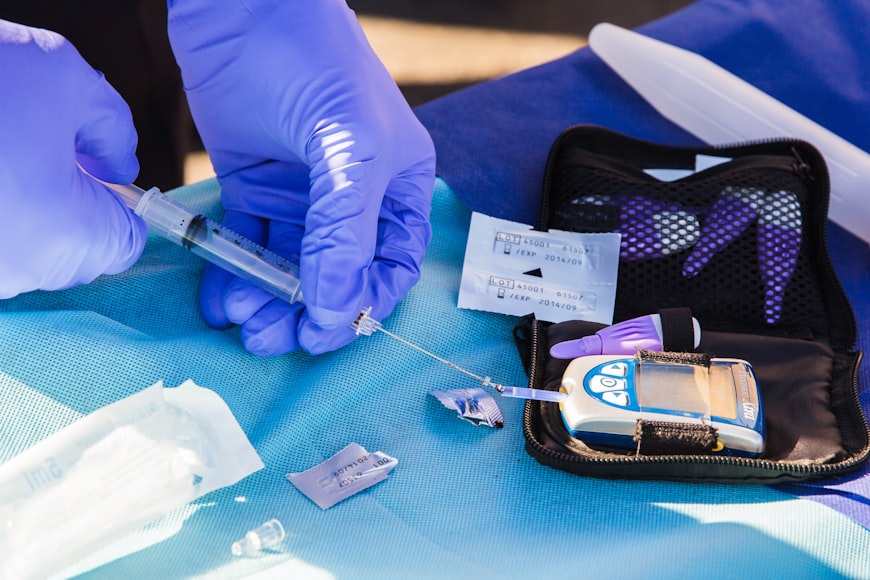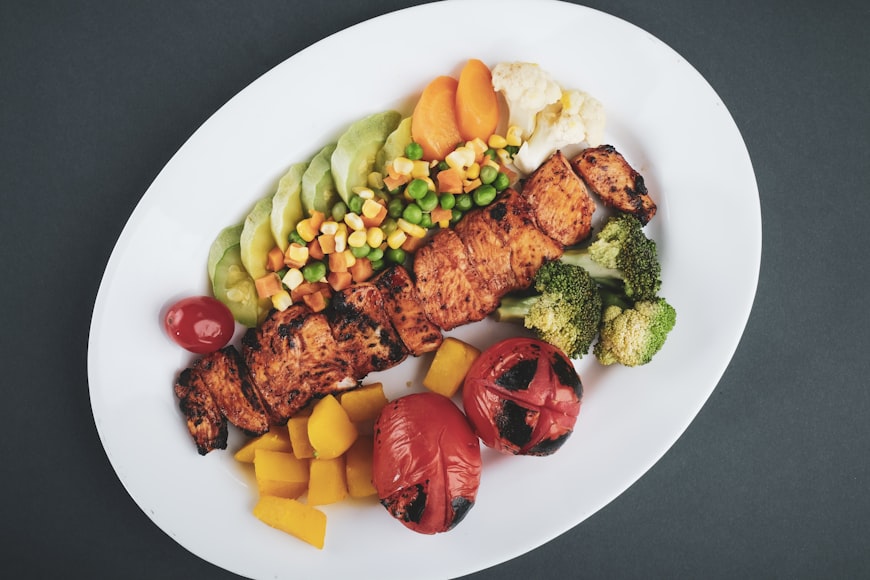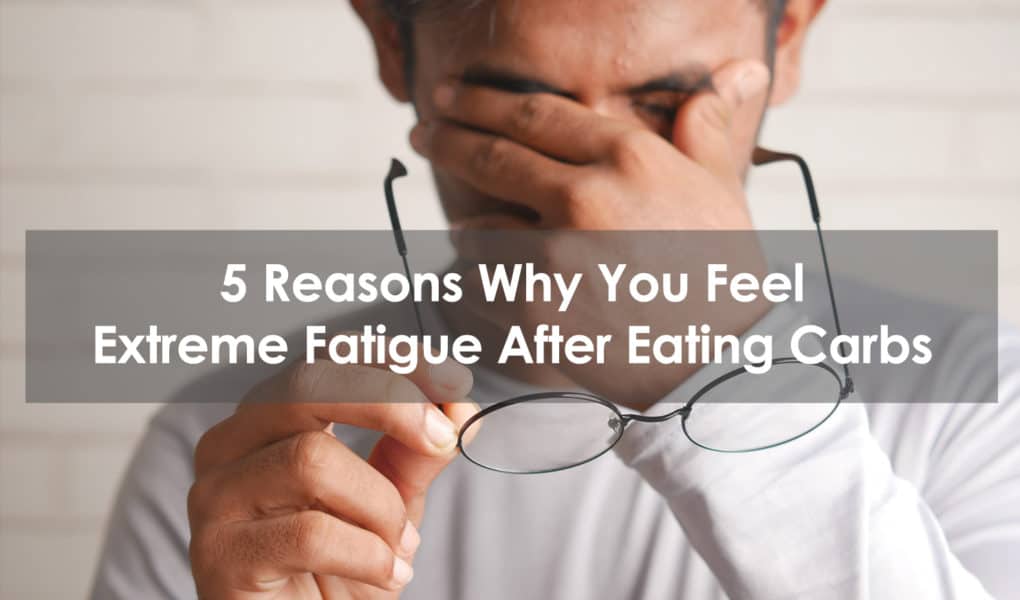You’ve probably heard of a ‘food coma’ – the sensation of feeling extremely tired after a big meal – and there’s a good chance you’ve experienced one yourself. That post-meal slump isn’t anything to be too concerned about; it’s a perfectly normal reaction.
When you consume carbs, your blood sugar level is raised and you receive a burst of energy. Your body then releases insulin to lower your blood sugar, and this process is called reactive hypoglycemia. This is what causes you to feel tired after eating carbs, though is more of an issue with simple carbohydrates.
Here, we’ll look in more detail at why you feel fatigued after eating carbs and what steps you can take to prevent it.
Reactive Hypoglycemia
As mentioned, this is the natural process of your body increasing insulin levels to regulate your blood glucose levels. This work is done by your parasympathetic nervous system, meaning it is an automatic response that you don’t need to think about.
However, if a lot of insulin is released then this drop in energy will be more pronounced and will feel more like a crash and can cause post-meal sleepiness. The types of foods included in your meal will determine how big this drop in blood sugar will be.
Simple carbohydrates – also known as refined carbs – cause the biggest blood glucose spike, thus requiring high amounts of insulin to be released. This causes a blood sugar crash, and if it happens during an afternoon meal then you can expect a hefty afternoon slump.
Insulin Resistance

This is a step further than rebound hypoglycemia and refers to the process of your body actually producing more insulin than it needs. This is less common than hypoglycemia, but insulin resistance can cause a more drastic drop in energy levels.
This occurs when you consume food that your body is not properly equipped to deal with; usually, those that contain high levels of refined sugars. Examples include breakfast cereals high in sugar, ice cream, sugary drinks, white bread, and more.
Food Intolerances
Further to this, your body might not react well to certain food types and, again, this is completely normal. Everyone’s body will react differently to eating carbs, but if you regularly feel extreme fatigue after eating certain foods, it could be because you’re intolerant to them.
Serotonin
Sufficient levels of carbohydrates will also trigger the release of the serotonin hormone by your brain. This is a key hormone that stabilizes our mood and also promotes a sense of well-being. However, it also helps you sleep better and causes drowsiness.
This is a contributing factor to feelings of fatigue and tiredness after eating carbs, particularly if you have consumed a lot of them in one sitting.
Medical Conditions
If you consistently feel fatigued after eating, even if you didn’t consume many refined carbs, then there could be an underlying medical condition, or it could be linked to a general lack of sleep. If you suspect this might be the case, visit your doctor and discuss the issue.
How to Stop Feeling Fatigued After Eating Carbs
1. Follow a balanced diet

Carbohydrates are a macro and, alongside proteins and fats, are an essential part of your diet. The main purpose of carbs is to supply your body with energy, and they should be consumed in a healthy proportion to proteins and fats.
Meals that feature mainly carbs and not much else will make you feel more fatigued. Likewise, you should try to always eat complex carbs where possible. Examples include nuts, legumes, fruit, and whole-grain pasta.
You should also try to avoid consuming products with a lot of refined sugars, as this will cause your blood glucose levels to spike and eventually crash.
2. Portion control

Larger meals are far more likely to leave you feeling fatigued, so it’s best to stick with smaller portions where possible. This is particularly important around lunchtime so as to avoid the typical afternoon slump.
It can also help to have slightly larger portions of protein. This is because this type of food takes longer to digest and leaves you satiated for longer, so prevents your body from processing too much insulin.
3. Prioritize sleep
It might sound obvious, but maintaining a healthy sleep cycle will help prevent you from feeling tired after you eat. Ideally, you should aim for 7-9 hours of sleep per night.
4. Drink more water

You feel more fatigued when you are dehydrated, so aim to drink at least 8 glasses of water per day. If you find yourself forgetting to regularly drink water, there are many apps that give you notifications throughout the day to ensure you hit your targets.
Conclusion
Feeling fatigued after eating carbs is a normal and very common experience, so there’s no need to worry too much. However, it can get in the way of getting things done so if you want to avoid these feelings of lethargy, try to only consume complex carbohydrates and ensure your diet is balanced.
Frequently Asked Questions
Does getting tired after eating mean diabetes?
Not necessarily. As highlighted above, feeling tired after eating is a common occurrence and happens for a variety of reasons, many of which are entirely normal. That being said, constantly feeling tired after eating can be a sign of diabetes, so if you are at all concerned then speak to your doctor, who can run some tests.
Does high blood sugar make you feel tired?
Not on its own, no. High blood sugar actually gives you a fast burst of energy (sometimes called a ‘sugar rush’). Your body’s response to high blood sugar – the release of insulin – can make you feel tired, though.







